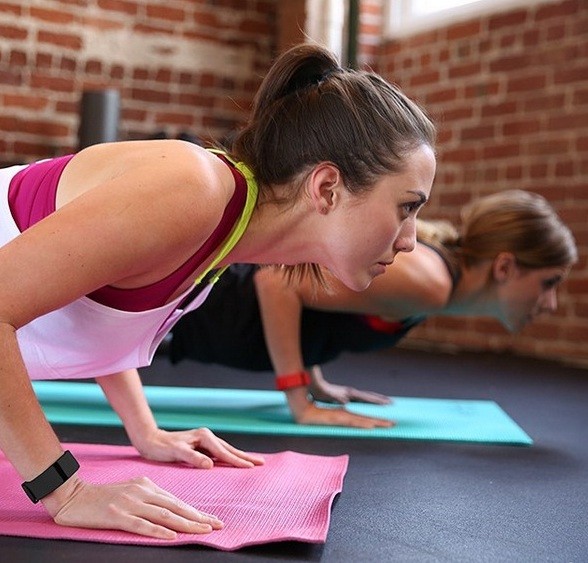Engaging in physical activity for at least 15 minutes in a day not just helps improve overall health status of normal individuals, but is also beneficial for the health of women who have survived breast cancer. A new study has found that exercising can help beat memory problems in such patients.
Exercising daily has been previously linked to an improved lifespan of older adults. However, a new study published in the journal Psycho-Oncology claims that physical activity may help improve self-reported memory issues in breast cancer survivors.
Considering the fact that excessive stress levels in patients who have long battled breast cancer may lead to memory problems in survivors, the research team from the Northwestern University Feinberg School of Medicine set out to examine the link between the disease and the impact of physical activity.
During the study, researcher Siobhan Phillips and colleagues looked at the self-reported exercise and memory data for more than 1,800 women who survived breast cancer. The team found that moderate amount of physical activity such as biking, brisk walking, jogging or taking exercise classes helped reduce fatigue and stress among survivors. In addition, the psychological benefits of exercising resulted in an improved memory.
However, the study did not prove the cause-and-effect relationship that an increased or improved levels of physical activity may lead to increased confidence levels or reduced distress. Improvement with respect to these areas were linked to less number of perceived memory problems.
Often, course of treatment that involves radiation and chemotherapy is blamed for memory problems that appear after the disease has manifested itself. However, the researchers believe that emotional issues and distress may also contribute to post-cancer memory issues. Stress and fatigue may leave such women emotionally trapped, frightened and with low self-confidence. This may, in turn, lead to self-perceived memory problems.
"Higher levels of physical activity, lower levels of fatigue and distress and higher exercise self-efficacy may play an important role in understanding SMI [subjective memory impairment] in breast cancer survivors across time," Phillips said, according to Tech Times.
The researcher further said that a detailed study in the future is warranted to explore the relationship between exercising and improved memory.
Breast cancer affects more than 40,000 women each year in the United States alone. Most of these women die of the disease. Women who have a family history of breast cancer or those who carry BRCA1 and BRCA2 mutated genes are at an increase risk of developing the disease.
The following video talks about 11 home remedies for breast cancer:



























